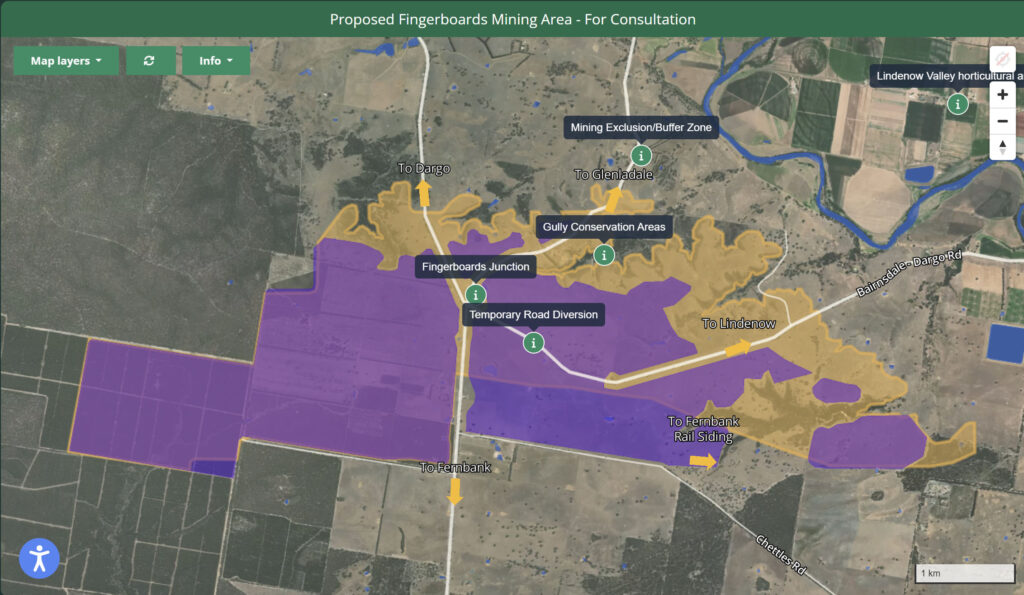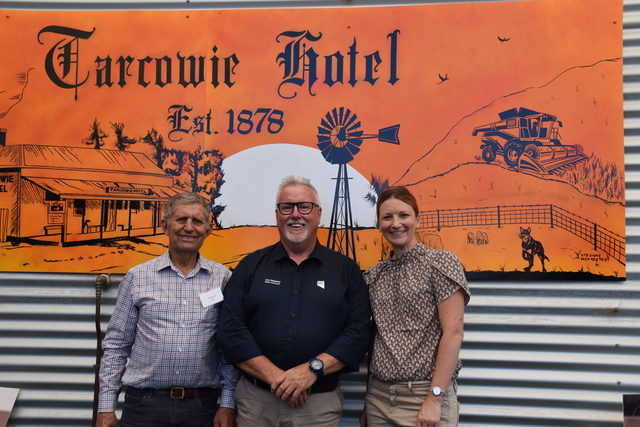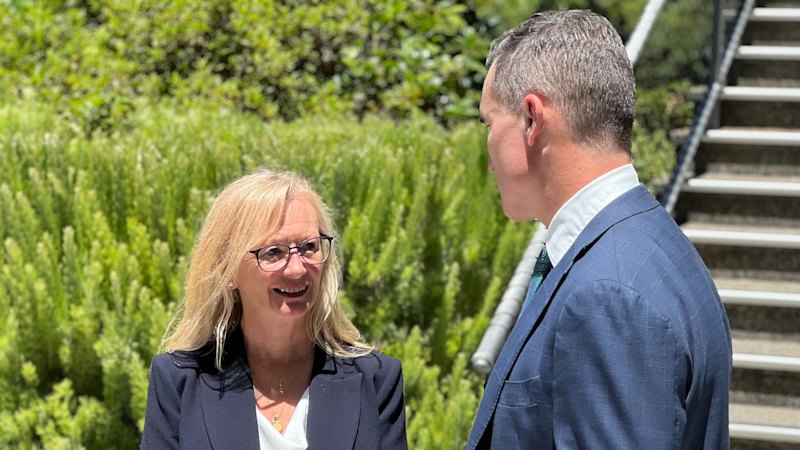
URGENT UPDATE: Gippsland Critical Minerals (GCM) has issued a critical response to community concerns regarding its mining project in East Gippsland. In a letter from Mick Harrington, GCM’s Community and Stakeholder Lead, the company outlines its commitment to addressing public worries raised by the Mine Free Glenaladale campaign.
The letter details GCM’s efforts to rebuild the controversial project following the 2021 Fingerboards proposal, which was rejected. GCM announced that the Victorian Government renewed two retention licences for a limited period in October 2024, imposing stringent conditions including a comprehensive project rescope, large-scale rehabilitation trials, and mandated environmental monitoring. GCM must submit a new Environmental Effects Statement (EES) by December 11, 2025 to determine the project’s future.
Harrington emphasized the company’s commitment to local engagement, stating that feedback from farmers, small business owners, and residents has reshaped the project design. This new approach focuses on environmental safety, with a smaller operational footprint, enhanced water management, and effective dust control measures. GCM aims to create 300 jobs during operations, providing much-needed employment opportunities in a region facing economic challenges.
The letter directly addresses misinformation about potential health risks, refuting claims that mining will release “radioactive dust” into the community. Harrington clarified that low levels of Naturally Occurring Radioactive Material (NORM) are already present in Gippsland soils and that GCM will not conduct on-site refining, further reducing risks. Instead, refining will take place at specialized facilities in Western Australia or the Northern Territory.
Additionally, Harrington disputed fears surrounding the use of flocculants in processing, asserting that these chemicals are already widely used in agriculture and drinking water treatment within the region. GCM is committed to using approved products and ensuring that water quality is regularly monitored and verified by independent sources.
The company also addressed concerns about tailings management, stating that recent tests conducted by a NATA-accredited laboratory found no evidence that tailings would leach toxic substances into local waterways. GCM plans to use a mechanical separation process that avoids harmful chemicals, ensuring that tailings remain geochemically similar to the original soil profile.
As part of its commitment to transparency and accountability, GCM will install real-time dust monitors at key locations, making data publicly available alongside weather information. This proactive approach aims to engage the community and bolster trust in the project.
GCM also announced the formation of a Rail Freight Taskforce to enhance local logistics, reducing truck traffic on roads and supporting regional supply chains. The company aims to prioritize local businesses in its procurement policies, ensuring that the economic benefits of the project directly impact the East Gippsland community.
Harrington concluded with a message of collaboration, urging the community to engage with GCM to build a sustainable future for the region. He stressed the importance of addressing fears fueled by misinformation and highlighted the project’s potential to create lasting positive change.
As the deadline for the new EES approaches, GCM’s commitment to safety, environmental stewardship, and community engagement will be critical in determining the project’s future. Residents and stakeholders are encouraged to stay informed and involved in the development process as it unfolds.
For more details, visit GCM’s official website or attend upcoming community sessions to learn about ongoing developments and share your thoughts. This is a pivotal moment for East Gippsland—an opportunity to secure jobs, boost local business, and protect the environment.






